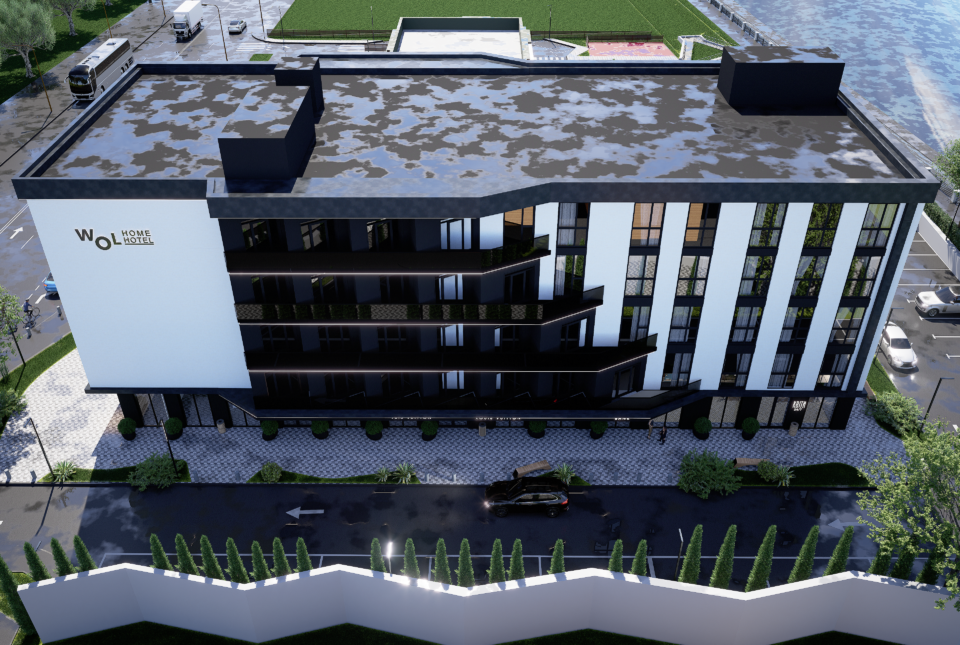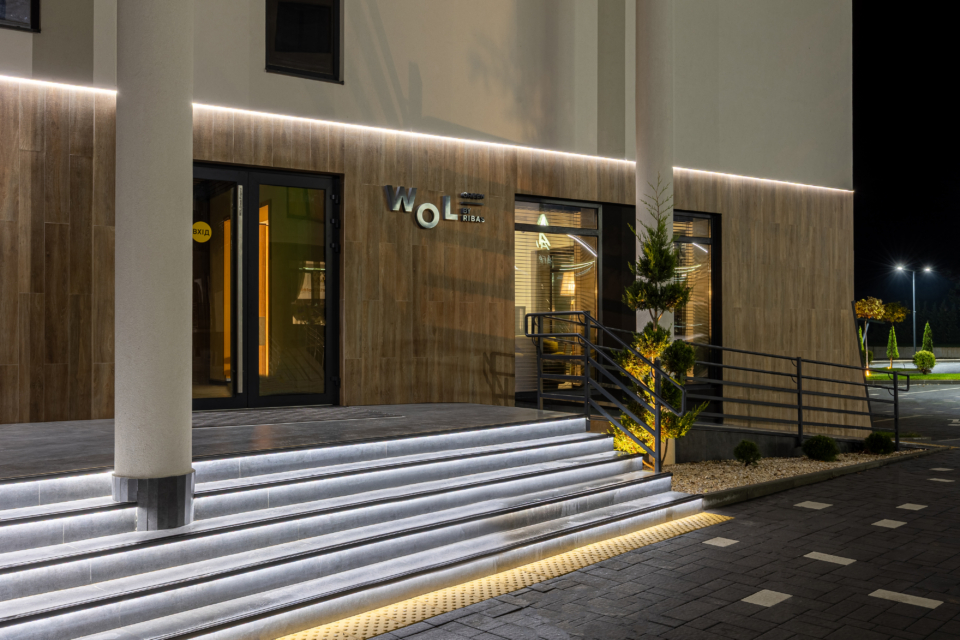Tourism in Ukraine: «The country remains unknown to the outside world»
Ivan Liptuga has many complex and high-profile regalia: President of the National tourism organization, adviser to the first Deputy Prime Minister – Minister of economic development and trade of Ukraine on tourism and resorts. Behind the cumbersome titles, there is a passionate person who is sincerely burning with the work of his life.
We talked with Ivan Leonidovich about how Ukraine can surprise travelers, why it is important for all regions to unite, and how our country can use the ecotourism trend.
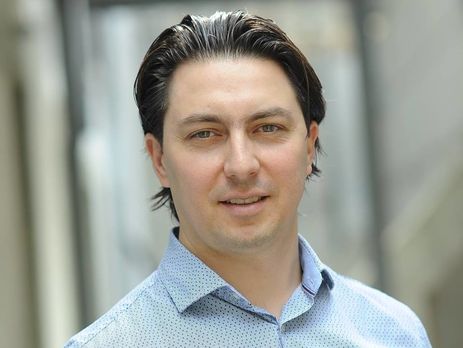
— What is the current state of the hospitality industry in Ukraine?
— Tourism and hospitality, which I, for example, do not separate, are developing very actively in Ukraine, as well as in the whole world. At the same time, our country is currently going through a difficult stage in the development of the national economy in the context of external geopolitical and internal stability. Tourism and hospitality create prerequisites for economic growth, new jobs, improving infrastructure, preserving the environment and cultural heritage. This applies to large cities and rural areas.
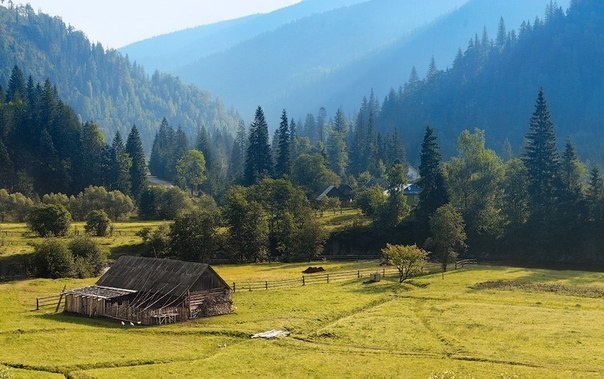
The main thing that has changed over the past few years in terms of tourism is the General understanding of the importance of the sector in the structure of the country’s economy.
«Tourism is not an application to culture, sports or transport, as it was before. This is a priority area of the economy that requires a comprehensive approach at the level of the entire state and each individual region.»
— What countries/resorts can Ukraine compete with in general and the Odessa region in particular?
— Ukraine should compete with any country. The global world is so arranged that everyone competes with everyone. Today, 98 % of foreigners who enter Ukraine are citizens of European countries, mainly Eastern and Central. This means that almost no people come to us from Asia, America, the Middle East, or Australia. Why? Because they don’t know much about us as a country for tourism and travel.
The natural diversity of Ukraine may be the envy of many countries, but this is not enough to be competitive in today’s world, where everyone is trying to win the attention of both tourists and investors. To achieve visible results, real consolidation of all regions and businesses in the development of sustainable tourism is extremely important. All stakeholders must sound in unison in order to be seen in the world.
— How can we surprise a demanding traveler in a good sense of the word?
Any most demanding traveler can always be surprised. Ukraine remains an unknown country for the outside world. And this is despite its Central location in the most visited tourist region — Europe. Foreign tourists simply do not know that we have such beautiful and hospitable people, cook delicious and varied food, love to sing, dance, and hold many different festivals. And at the same time, it has crazy natural resources that are just beginning to be used efficiently. And everything is relatively inexpensive. I think it’s amazing.
— Please tell us more about the concept of gastronomic tourism in Ukraine. What is it?
— There is no special concept. Gastronomic tourism is one of the many types of tourism that have been actively developing in the world in recent years. All vacationers eat and drink. But there are special tourists for whom this becomes the purpose of travel. They visit the right restaurants, bars, go to farms and wine production, learn how to prepare local products, participate in thematic festivals, competitions, and master classes in food and drink preparation. Our goal is to identify the best representatives of the Ukrainian food industry and present the national product in the form of a map that tour operators and individual tourists can use to build routes.
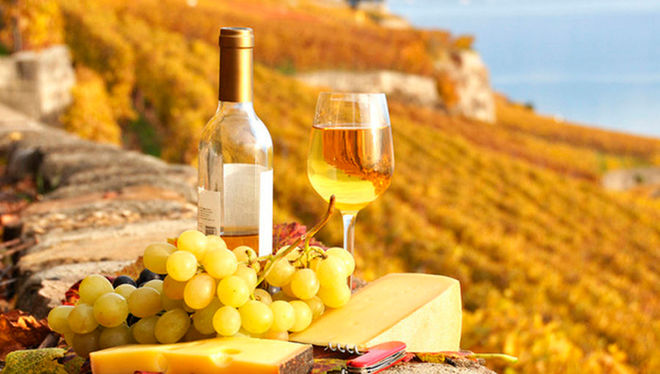
— Experts note the boom of domestic tourism in Ukraine after 2014.
— The reasons are generally clear. What consequences of this process — both positive and negative-can you name?
— Domestic tourism is a natural process. It was there before, but against the background of the decline in external tourism, it became more noticeable after 2014. The specificity of domestic tourism is that these tourists do not have a language and cultural barrier. They feel at home, so they also spend money like at home. Such tourists practically do not use the services of travel companies. More often they rent private housing, rather than book hotels, and they often bring food with them or buy it in a store. The load on the destination increases during the high season, and the economic effect is low. For the sustainable development of tourism, a balance between domestic and foreign tourists is necessary, for a comfortable stay of the first and second, as well as a moderate load of the existing infrastructure. Of course, for the country’s economy, inbound international tourism is more profitable, since it is an influx of foreign currency.
— In which regions and cities of Ukraine do you like to relax, and what exactly attracts you there?
— All regions in Ukraine are wonderful. In the last three years of working in the Ministry, I have traveled a lot for work, and I can say that in all areas you can find something to do. Even those that have never considered themselves tourist. For example, in the Dnieper, Zaporozhye, Kharkov and Krivoy Rog.
— Which hotels and apartments do you prefer to stay in? What is important for you in a hotel on vacation or on a business trip?
— On duty, I stop where budget restrictions allow. In general, I prefer new hotels to old ones, and modern design hotels to classic ones. I consider a fast Internet and a good breakfast a must. Infrastructure and services for children are important for family holidays. We have four of them!
— All the talk is about investments. What is the situation with the investment climate in the tourism industry?
— That’s right, there’s a lot of talk. The number one country for investment in Ukraine is Cyprus. This suggests that the investment is mainly made by the Ukrainians themselves. The number of hotels and restaurants is growing. This means that the flow of investment continues. For a qualitative breakthrough, we need economic stability and guarantees for foreign investors. Then large infrastructure projects will start to appear, and international hotel chains will enter not only the capital, but also the regions. So far, there are a lot of investment forums, but not much real foreign investment. There is no clear investment portrait of tourist destinations with clearly defined goals, plans, conditions and guarantees.
— Ukraine was widely represented at the ITB Berlin tourism exhibition this year. What are the results of the trip?
— There are several exhibitions a year that you can’t miss. ITB Berlin is one of them. It is attended by almost the entire world — 186 countries.
Since 2011, Ukraine has been represented on ITB. This year, the national pavilion hosted seven cities and 30 businesses. It’s good. But it is desirable that all regions of the country and key national companies — UIA, UZ, hotel chains, gastronomic chips and our unique places-are represented at the national stand. Chernobyl, for example, increased the flow of tourists to the exclusion zone from 15 to 50 thousand over three years due to foreign exhibitions.
— Conscious and ecotourism is becoming more and more popular in the world. What are the opportunities and dangers of these trends?
— 2017 was declared the “year of sustainable tourism” by the UN General Assembly with the slogan:
«Travel. Enjoy. Respect».
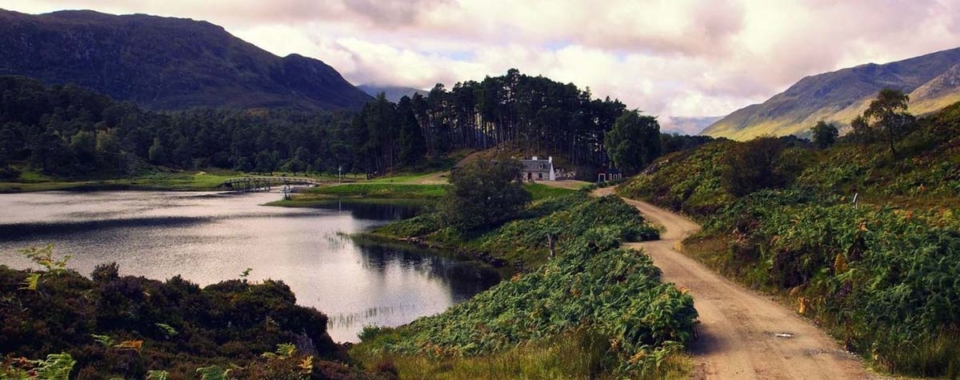
In America, Europe and Asia, such eco-locations are becoming increasingly popular, and there are already universal environmental mobile solutions that can be installed in any forest or park without harm to the environment. And if necessary, they can be dismantled at any time. This is a promising area for rural and agrotourism. I think that Ukrainian farmers will soon begin to develop it, offering their farms for tourists to visit.
— The management companies of hotel and restaurant complexes are a relatively new phenomenon for the Ukrainian hospitality industry. How do you assess the approach of Ribas Hotels Group to the development of tourism in the regions?

Ribas Hotels Group, it seems to me, strives to meet high standards, expanding its practice and experience not only in Odessa, but also in other regions of the country.




